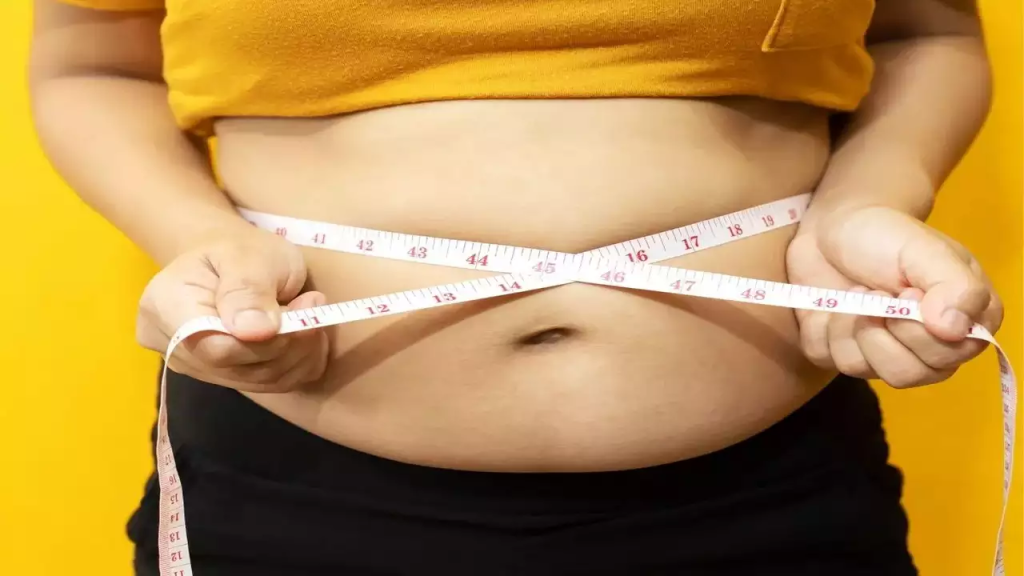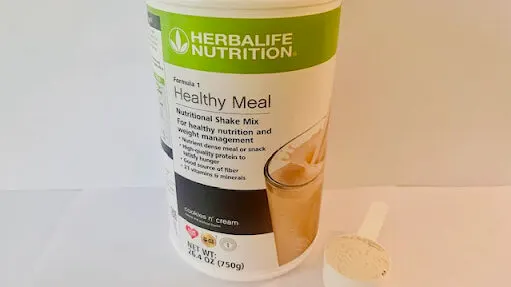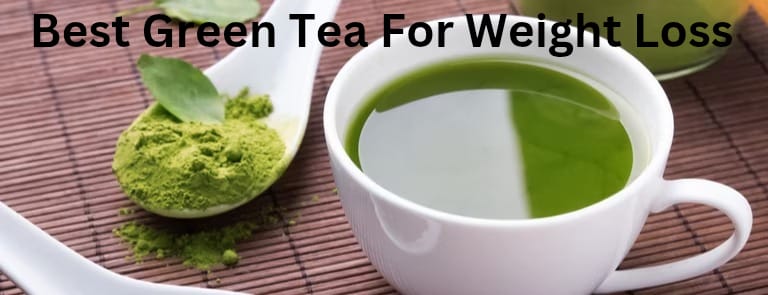Healthily gaining weight while avoiding excess belly fat can feel like a tricky balancing act. Many individuals either gain weight too quickly and accumulate fat in unwanted areas or struggle to gain any weight at all. Suppose you’re wondering how to build muscle and bulk up without packing on belly fat. In that case, there are several strategies you can adopt that focus on proper nutrition, exercise, and lifestyle changes.
In this blog post, we’ll break down the steps you can take to gain weight in a healthy way, emphasizing how to focus on muscle growth rather than fat accumulation.

Understanding Weight Gain
Before diving into the strategies, it’s essential to understand how weight gain works. Weight gain occurs when your body takes in more calories than it burns. This creates a caloric surplus, which the body uses to store energy as fat or muscle, depending on several factors, including diet, exercise, and genetics.
When it comes to gaining weight without a belly, the key is to create that surplus while emphasizing muscle growth and minimizing fat gain, especially around the belly area. Often, belly fat accumulates when people overconsume unhealthy foods like sugary snacks, processed foods, or empty-calorie meals that provide a lot of energy but little nutrition.
To gain weight without accumulating belly fat, a strategic and mindful approach is required. Let’s break down how you can do this.

Focus on Nutrient-Dense Foods
When trying to gain weight, it’s easy to fall into the trap of eating calorie-dense, processed foods that can contribute to fat gain, particularly around the belly area. To avoid this, you need to focus on nutrient-dense foods—those that provide high amounts of vitamins, minerals, protein, and healthy fats while still being calorie-rich.
Protein is particularly important for muscle-building, and eating enough protein ensures that you’re putting on muscle rather than fat. Foods rich in protein include:
- Chicken breast
- Turkey
- Beef
- Fish (like salmon and tuna)
- Eggs
- Greek yogurt
- Cottage cheese
- Legumes (lentils, chickpeas, black beans)
Healthy Fats are another key component of a balanced weight-gain diet. While fats are calorie-dense, they also play a role in promoting hormone balance, including the hormones responsible for muscle growth. Healthy fats are found in:
- Avocados
- Nuts (almonds, walnuts, cashews)
- Nut butters
- Olive oil
- Fatty fish (salmon, mackerel)
- Flaxseeds
Complex Carbohydrates are also essential to fuel your workouts and give your body the energy it needs to build muscle. Choose whole grains, vegetables, and fruits for a steady release of energy. Good sources of complex carbs include:
- Brown rice
- Oats
- Quinoa
- Sweet potatoes
- Whole wheat bread and pasta
- Leafy greens (spinach, kale)
- Legumes
Make sure you eat a variety of these nutrient-dense foods to avoid becoming reliant on one food group, which could lead to deficiencies or excess weight in unwanted areas.

Implement a Structured Exercise Routine
Exercise plays a crucial role in gaining weight without accumulating belly fat. Simply consuming more calories without exercising could lead to excessive fat storage, particularly around the abdominal area. However, if you add resistance training and a combination of cardiovascular exercises, you can ensure that you’re gaining lean muscle and minimizing fat.
Resistance Training for Muscle Growth
Focusing on strength training exercises is one of the most effective ways to gain weight without increasing fat storage. Resistance training helps to stimulate muscle growth, leading to an increase in muscle mass rather than fat. Aim to include compound exercises that target multiple muscle groups for maximum efficiency.
Some effective compound exercises include:
- Squats
- Deadlifts
- Bench presses
- Rows
- Overhead presses
- Pull-ups
Incorporate strength training at least 3-4 times per week, allowing your muscles to rest and recover between sessions. This will not only help you gain muscle but will also rev up your metabolism, making it easier to gain lean mass rather than fat.
Cardiovascular Exercise for Fat Control
Although resistance training is essential for building muscle, cardiovascular exercise also has a place in your routine. However, excessive cardio can hinder muscle growth, so the key is moderation. A combination of low to moderate-intensity cardio, like walking, swimming, or cycling, can help control fat gain, keeping your belly in check while promoting overall health.
Aim for 2-3 sessions of cardiovascular exercise each week. Keep your sessions to 20-30 minutes, and try not to overdo it. The goal here is to stay active, burn a few extra calories, and maintain a healthy metabolism—without interfering with your muscle-gaining goals.

Control Your Caloric Surplus
While it’s true that you need a caloric surplus to gain weight, it’s also important not to overdo it. If you consume too many calories at once, especially from unhealthy sources, you risk gaining excess fat, particularly around your belly.
To gain weight without accumulating belly fat, aim for a modest caloric surplus of about 300-500 extra calories per day. This will provide your body with the energy it needs to build muscle but won’t overwhelm it with excess calories that it might store as fat.
The best way to ensure that you’re not overeating is to track your food intake. Apps like MyFitnessPal can help you monitor your daily caloric intake and ensure you’re sticking to a healthy surplus.

Timing Your Meals
Meal timing can also play a significant role in gaining weight without storing fat. The goal is to provide your body with a steady stream of nutrients to fuel workouts, promote muscle repair, and prevent fat storage.
Pre-workout meals are crucial for ensuring you have enough energy during your workouts. Try to consume a balanced meal with complex carbohydrates, protein, and healthy fats about 1-2 hours before exercising. Some options include a chicken sandwich on whole grain bread or oatmeal with protein powder.
Post-workout nutrition is essential for muscle recovery. After a workout, your muscles are in need of nutrients to repair and grow. Aim for a meal rich in protein (e.g., lean meats, eggs, or plant-based proteins) and carbs (e.g., sweet potatoes, quinoa, or rice). This helps replenish your muscle glycogen and aids muscle recovery.
Throughout the day, make sure to eat every 3-4 hours to prevent your metabolism from slowing down and to provide your body with a consistent source of energy. Avoid long periods without eating, as this can lead to overeating when you finally do sit down for a meal, often causing excess fat gain.

Get Enough Sleep and Manage Stress
It’s easy to overlook the importance of sleep and stress management when trying to gain weight, but both play significant roles in body composition. When you’re under stress or not getting enough sleep, your body produces more cortisol, a hormone linked to belly fat accumulation. Chronic stress and poor sleep can hinder muscle growth and cause the body to store more fat, especially around the abdomen.
To optimize muscle gain and fat management:
- Aim for 7-9 hours of quality sleep each night.
- Manage stress through relaxation techniques like meditation, deep breathing, yoga, or simply spending time with loved ones.
By taking care of your mental health and ensuring you get adequate rest, you’ll be in a better position to gain weight healthily and avoid belly fat.

Stay Consistent
Lastly, consistency is key. Gaining weight without getting a belly requires a sustained effort over time. Building muscle takes patience, and it’s crucial to stay consistent with your diet, exercise, and lifestyle choices. Make adjustments as needed based on your progress, but remember that slow and steady wins the race.
Track your progress not only by the number on the scale but also by how your clothes fit, how strong you’re getting at the gym, and how you feel overall. Muscle gain is a gradual process, but with the right strategies in place, you can gain weight in a healthy way without accumulating belly fat.

Final Thoughts
Gaining weight without getting a belly involves more than just eating more calories. By focusing on nutrient-dense foods, structured exercise, a modest caloric surplus, and consistent habits, you can build muscle, improve your physique, and keep excess fat at bay. Stay patient, stay disciplined, and remember that slow, steady progress is the key to achieving sustainable results.





